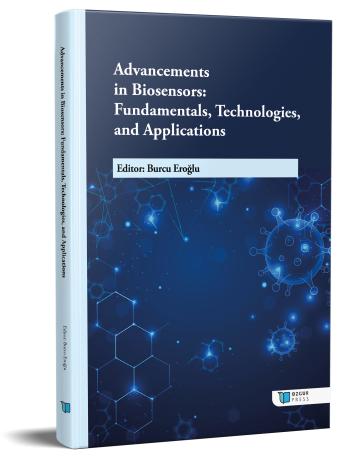
Advances in Paper-Based Biosensing Technologies: From Principles to Practical Applications
Chapter from the book:
Eroğlu,
B.
(ed.)
2025.
Advancements in Biosensors: Fundamentals, Technologies, and Applications.
Synopsis
Paper-based biosensors have become of significant interest in recent years owing to their affordability, mobility, and eco-friendliness. Platforms like dipstick assays, lateral flow assays (LFA), and microfluidic paper-based analyzers (µPADs) offer swift and accessible detection capabilities in healthcare, food safety, and environmental monitoring. This study examines the latest advancements in paper-based biosensors, highlighting the enhanced sensitivity and specificity attained by the incorporation of aptamers, CRISPR/Cas systems, and isothermal nucleic acid amplification methods (RPA, RAA, MIRA). Moreover, the utilization of functional nanomaterials, including gold nanoparticles and upconversion nanoparticles, has markedly improved signal amplification and detection efficacy. Although these sensors were originally intended for qualitative assessments, the shift towards quantitative detection is intensifying due to the demand for precise measurements in clinical and food applications. However, challenges such as variability in paper substrates, environmental conditions, and matrix effects remain critical issues. Future perspectives include advancements including smartphone integration, multi-parameter detection, biodegradable materials, and 3D paper-based biosensors.

